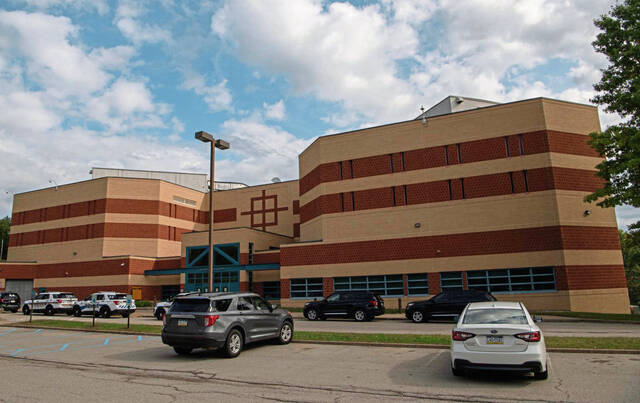The Martha Wright-Reed Just and Reasonable Communications Act was signed into law in 2023 after passing through Congress with surprising bipartisan support.
It amended a 1934 law governing how inmates in an institution can have access to people outside the walls of their jail or prison. It requires the Federal Communications Commission to make sure any charges for communications are fair.
On July 18, the FCC voted to do that by ending what it called “predatory rates” for phone and video calls.
The new rules lower costs per minute for the calls. They outlaw “site commission” payments and other fees.
For a facility such as Westmoreland County Prison, that means dropping to just 7 cents per minute for a phone call and 12 cents for a video call on a tablet. On top of the 20 cents a minute charged now, the county’s provider, Global TelLink, charges a $2.95 surcharge. Video calls are 25 cents a minute.
It’s a reduction that will hit the county in the wallet. The agreement signed in 2021 has Westmoreland receiving $530,000 from the company up front each year, plus 85% of the gross revenue for calls above estimates. This year, that has meant another $26,500 through June.
“It’s way too early to say what this will mean, but, in terms of what I’ve seen over the years, it’s probably bad news for us,” Commissioner Ted Kopas said.
It might be hard to empathize with a prisoner. There tends to be an assumption of guilt despite the legal presumption of innocence. It is important to remember a large chunk of those behind bars are awaiting trial — and a pretrial inmate is usually there because of an inability to afford bail. A $12 local phone call would be a hardship, too.
But let’s set the inmates aside for a moment. Inmates are dependent on paying for the calls with money deposited into jail financial accounts by family or friends. These funds also are used for basic hygiene products, food and items from the commissary.
That’s where Martha Wright-Reed came into the story. Wright-Reed was not an inmate. She was a grandma who just wanted to talk to her grandson. The 19th, a nonprofit newsroom, told the story of Ulandis Forte, who talked to Wright-Reed every Sunday during his 18 years in prison.
Those calls could cost $17 apiece. She paid for them by not paying for other things, such as food and medicine.
It is easy to say someone convicted is paying the price of their own actions. It is harder to say someone’s grandmother is.
Westmoreland County’s deal with Global Tel Link expires in January. The new rates must be implemented by April. There is time for the county to figure out a plan that follows the new law and is, as required, just and reasonable for the incarcerated and families.
That doesn’t mean the county should go into debt to provide communication services to inmates. But no government agency should be trying to profit off people in prison, either.








